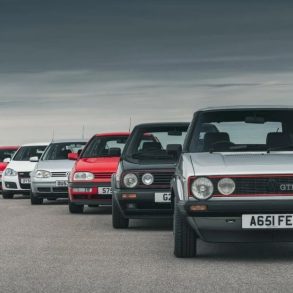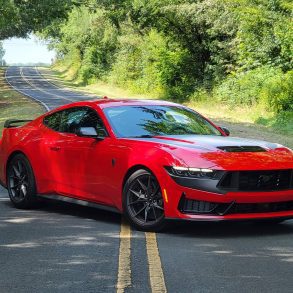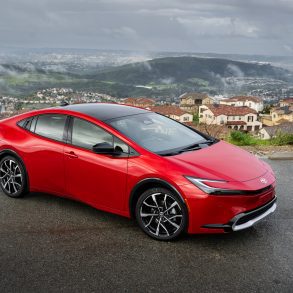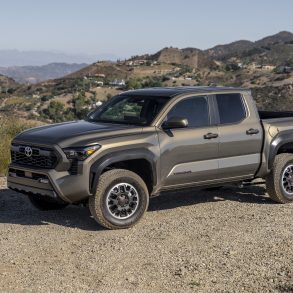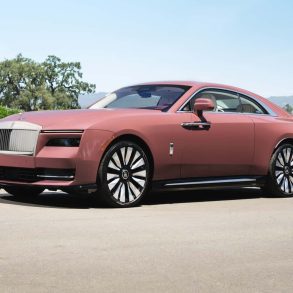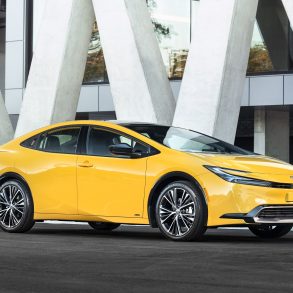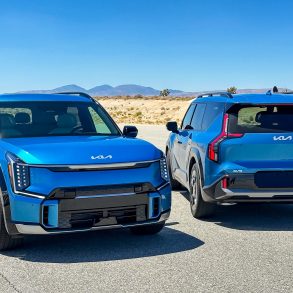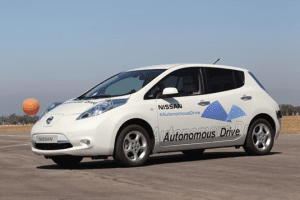
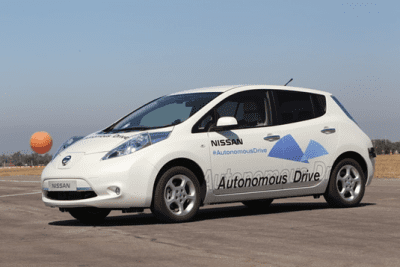 After Nissan announced their goal of having multiple self-driving vehicles on sale in 2020 last august, a press release dated yesterday announces the brand is already looking further into the future, and has started investigating the next step into the autonomous car.
After Nissan announced their goal of having multiple self-driving vehicles on sale in 2020 last august, a press release dated yesterday announces the brand is already looking further into the future, and has started investigating the next step into the autonomous car.
“We have asked ourselves: ‘what comes next?’ As a technology leader, you need to have a vision for the future”, Nissan CEO Carlos Ghosn explained to left-lane.com. “We expect passengerless cars to be the mobility of the future. Imagine the benefits for road safety: when fully autonomous cars, without a driver or passenger, are involved in a crash, nobody will suffer serious injury of even fatality.”
“Worldwide, almost 1,3 million people die in road crashes every year, of which 37.000 in the United States. An additional 20-50 million are injured or disabled, of which 2,35 million in the United States. If cars where to be able – and allowed – to drive without a driver or passenger inside, these lives can be saved”.
“And consider the time and productivity currently lost in traffic congestion: in the major US cities, commuters lose up to 59 hours of productivity each year. But with only passengerless cars in a traffic jam, no human person loses time just staring at the car in front of him”.
Ghosn, who is known for setting bold goals, already has a timeframe in mind: “The technology will already be available in 2020, but it will take another decade to change people’s way of looking at mobility: from driving themselves to their destination to letting the car drive them there to letting the car go there by itself”.
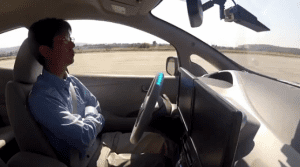
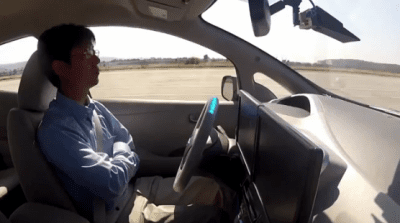 Governments have been reluctant to adjust regulations to accommodate self-driving cars as long as the technology is not demonstrated to be fool-proof. Early adopters of self-driving cars at first will face a cost of thousands of dollars annually to hire a person to sit behind the steering wheel, only to meet legal requirements. But Nissan expects that once the risks and benefits are put into perspective, passengerless cars will face no regulatory obstacles. “There’s only advantages: in safety, efficiency and economics.”
Governments have been reluctant to adjust regulations to accommodate self-driving cars as long as the technology is not demonstrated to be fool-proof. Early adopters of self-driving cars at first will face a cost of thousands of dollars annually to hire a person to sit behind the steering wheel, only to meet legal requirements. But Nissan expects that once the risks and benefits are put into perspective, passengerless cars will face no regulatory obstacles. “There’s only advantages: in safety, efficiency and economics.”
Nissan have been testing driverless cars on Japan’s public roads, and will start experiments with passengerless cars soon. A Nissan technical spokesperson says there are still some issues that need to be dealt with before a worldwide rollout: “Our technology so far only covers the driving part of autonomous cars, we still have to fine-tune some secondary matters like how the cars can refuel or recharge themselves and how to avoid road rage between cars from competing manufacturers”.
“We expect to be able to find appropriate solutions to these matters in time for a market introduction in 2030, when people will be able to buy their own autonomous car and then let it drive wherever it wants to go.”
Asking Ghosn about his wish list for future autonomy, he responded: “Self-purchasing cars would be nice to have as well”.
My real-world view of self-driving cars: Self-driving cars: also for driving enthusiasts?

